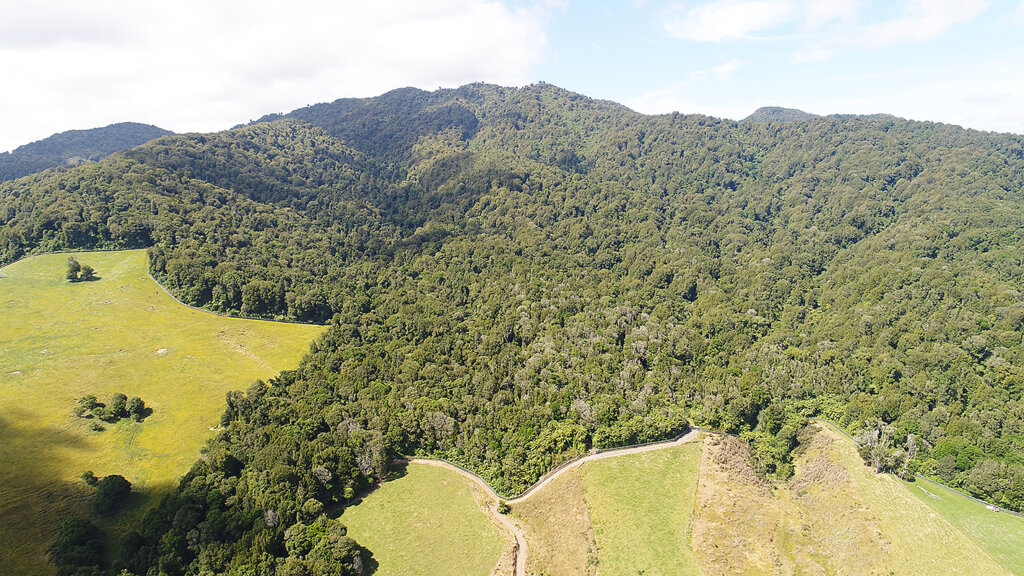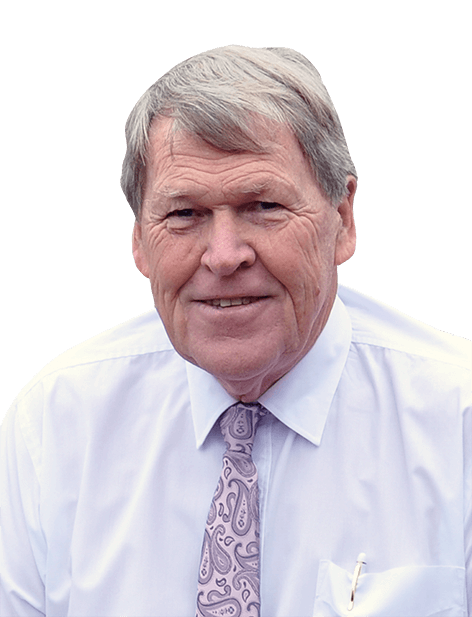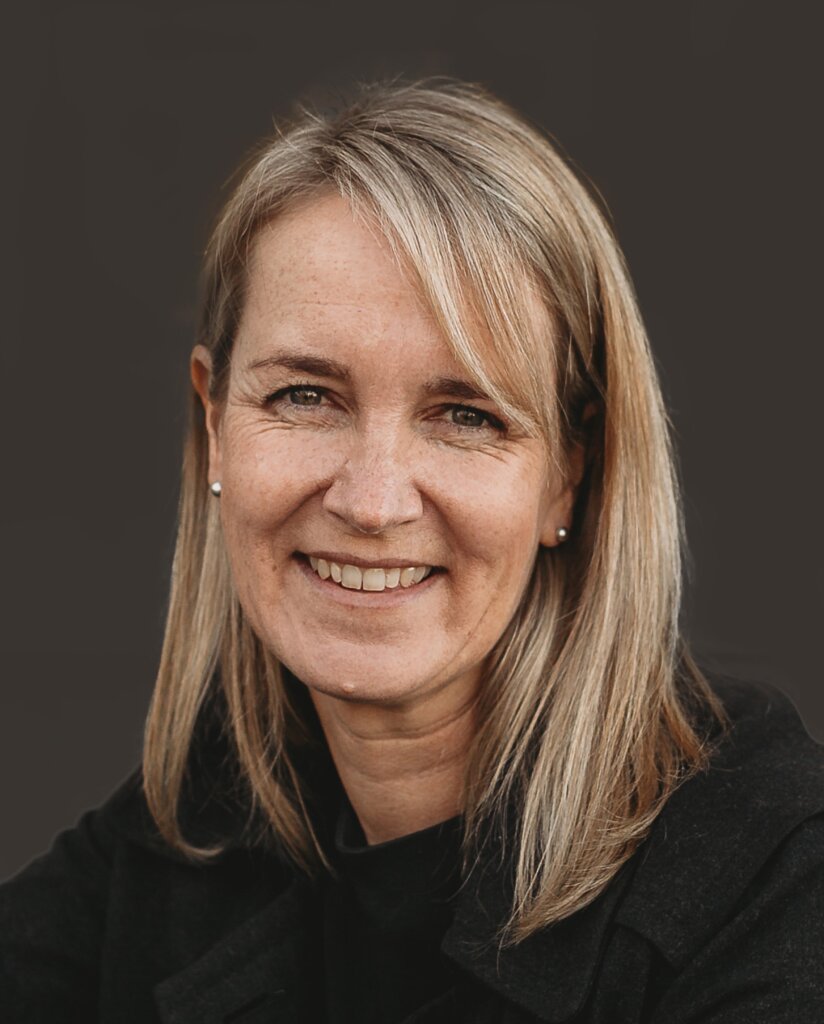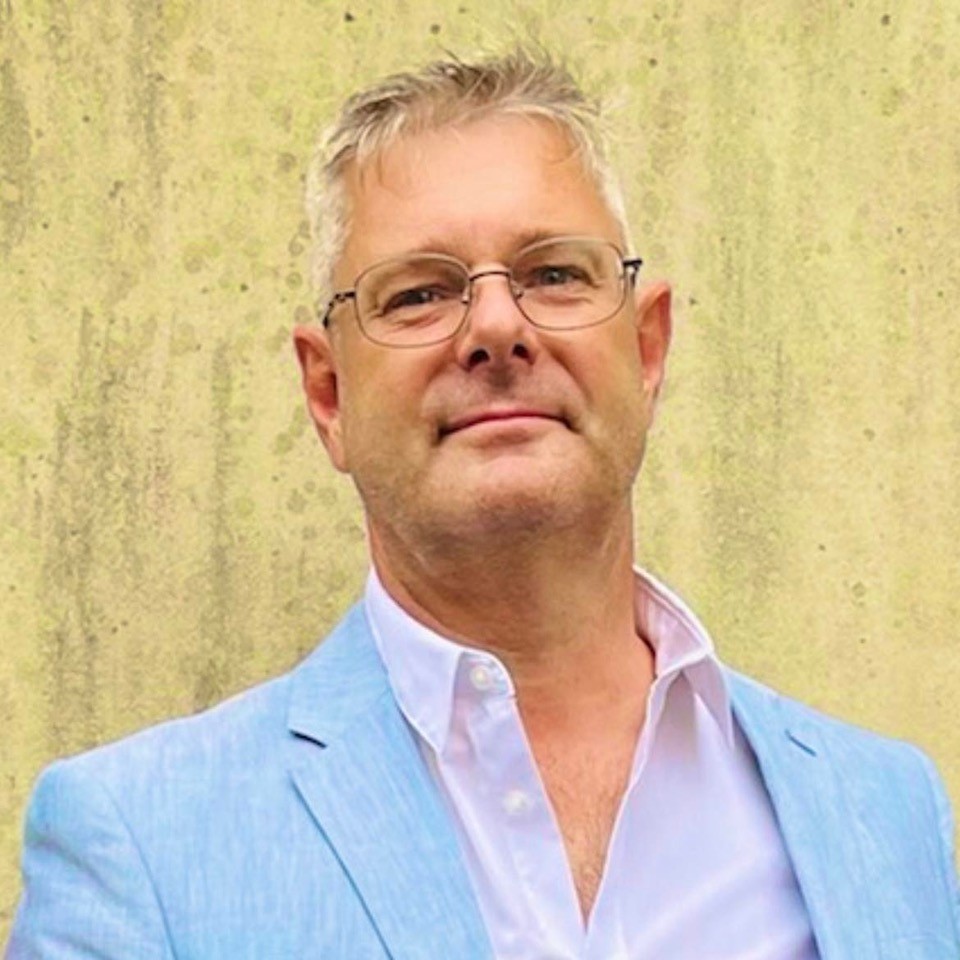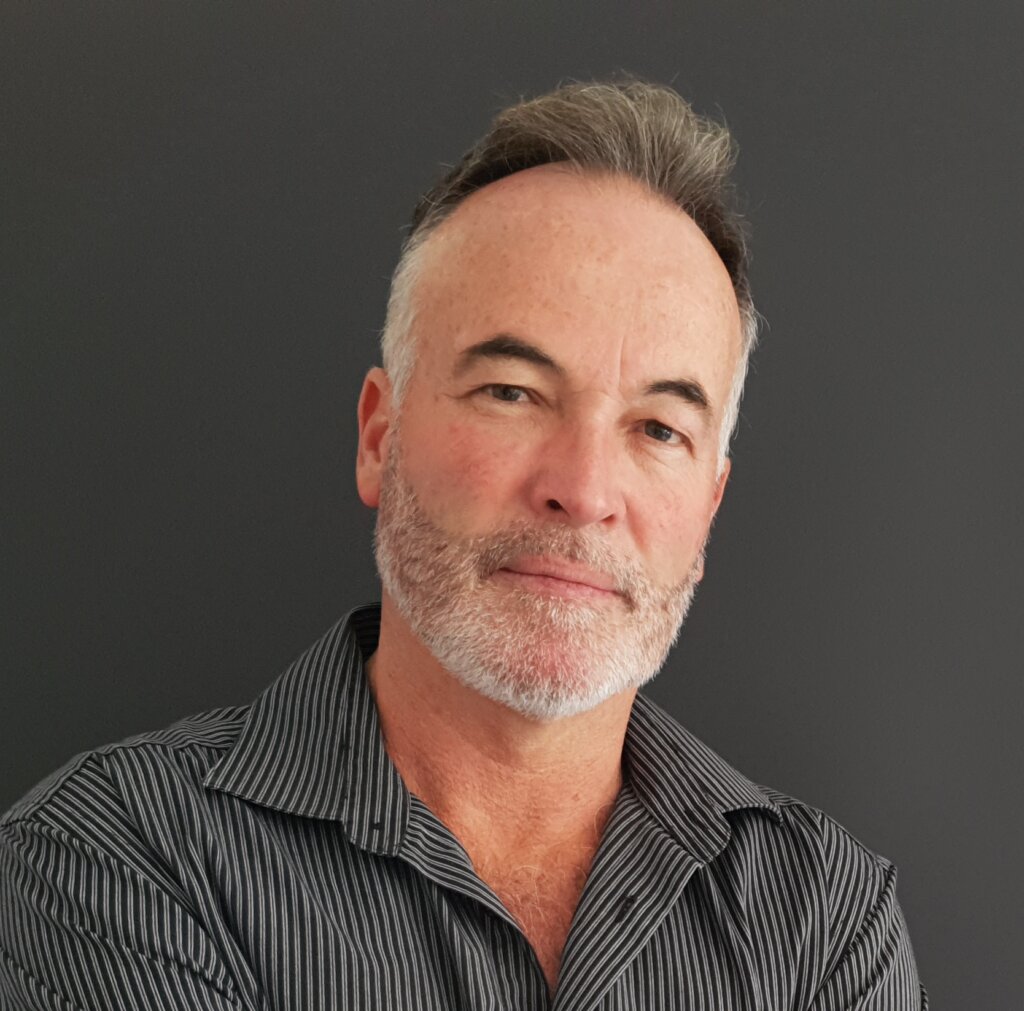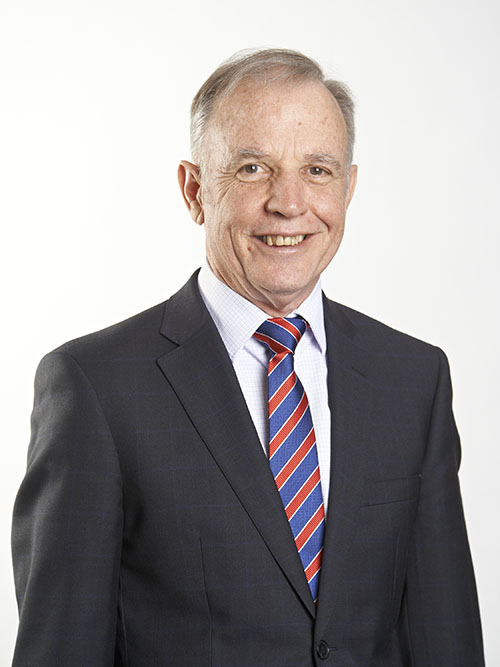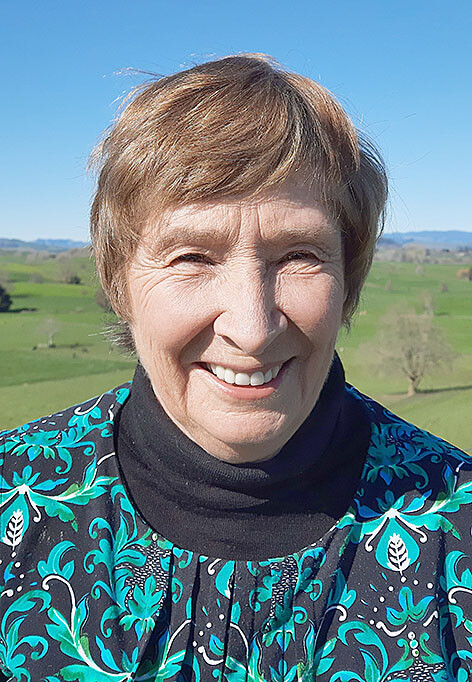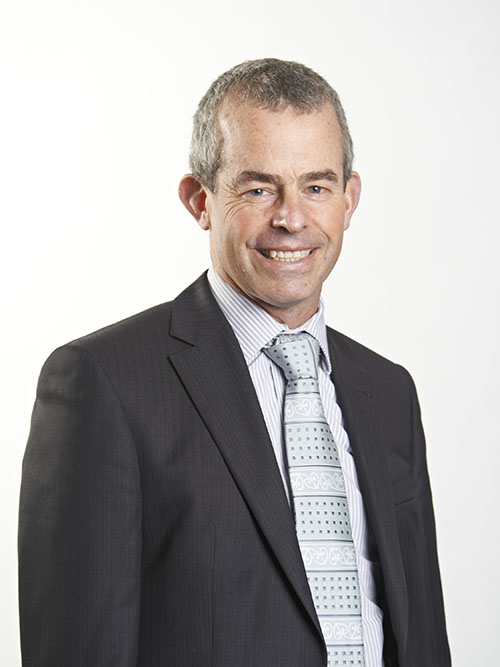Maungatautari has a secure funding future if responses from candidates for both Waikato Regional and Waipā District councils are an indication.
Funding should continue to protect the Sacred Mountain so future generations can enjoy it, all except James Parlane and Clyde Graf said in response to our last candidates’ survey.
Mayoral candidate Jim Mylchreest, a former chief executive at Maungatautari, admitted to a bit of bias.
“We have a duty to ensure that there are no more extinctions of treasured taonga that are so much a part of our national identity, as a result of human activity or inactivity.
“The preservation of this unique biodiversity is a pure public good that requires equitable funding from the whole community through rates or taxes.”
And fellow mayoral candidate Susan O’Regan said she hoped the council’s annual contribution would not have to be reduce.
“The trust faces challenges in securing alternative funding and generating income. It is important to remember that Waipā has an obligation to maintain the reserve which sits inside the fence.
“This nationally significant project is home to an extensive number of endangered species and as such is extremely precious to not only our district but to the country as a whole.”
Mayoral candidate Chris Woodhams said Maungatautari was a credit to the district.
“To the extent that further support is required, we should certainly consider this along with other high priority funding requirements.”
Parlane, who is standing for both the district council and community board and described himself as a whistle blower, said the council needed to stop putting any money into Maungatautari, Fieldays, Sport Waikato, Local Government NZ and any other “sacred cows.”
The council is responsible for the co-governance and management of the Maungatautari Scenic Reserve under the Reserves Act.
The sanctuary for native wildlife and plants, such as kiwi, kokako, tuatara and more, has a range of walking and hiking tracks. Located 30 minutes south of Cambridge, the reserve plan covers the 2500ha of scenic reserve contained within Sanctuary Mountain Maungatautari’s 47km pest-proof fence.
Waipā spends about $500,000 in operating costs on maintaining sites like Rotopiko, Mangakaware, Maungatauri and Ngāroto.
Earlier this year, the regional council granted Maungatautari Ecological Island Trust $1.476 million over four years for its predator control project and pays $350,000 a year towards its operations.
Regional council candidate Barry Quayle said Maungatautari was the ultimate theatre in Waikato.
“I believe it is a much better asset; natural theatre than what Hamilton is endeavouring to build in the city. it will last, and deservedly so, a century and more,” he said while becoming more important than Zealandia in Wellington.
The regional and district councils both had to continue contributing to Maungatautari, he said.
“It will increasingly pay off with students in the Waipā benefiting and learning about biodiversity, sustainability and environment.”
Regional candidate Judy Sherriff said as a local farmer, she had seen the benefits from Maungatautari on her farm with more bird life flying from Maungatautari to Pureora and visiting her on the way.
“Maungatautari is truly a taonga and we all need to enhance and protect the mauri and mana of Maungatautari.”
Incumbent regional councillor Stu Kneebone said if the regional and district council funding ended, all the hard work would be lost.
“The maunga acts as a kōhanga to a range of threatened species that are then translocated to other places throughout the region and across New Zealand, so the benefits are not limited to Waipā.
“In addition, Waipā receives many threatened species from other parts of New Zealand that it would not otherwise receive if we didn’t invest in the maunga the way we currently do.”
Prominent anti-1080 campaigner Clyde Graf, the final of four candidates standing in Waipā-King Country for the regional council, said Maungatautari was to have been self-funding by now.
“If ratepayers continue to fund the project, then I think the Waikato community should have free access. They most certainly shouldn’t be paying twice each time they visit the mountain.”
David Slone
I don’t feel that I have enough information to make a fully informed comment on this. I will say though, this is a project of national as well as regional significance and our community needs to be behind it, supporting it and helping to ensure its sustainability well into the future.
Mike Pettit
It is a local and significant asset and at this point I support ratepayer investment. As time goes on it would be good to see Waipa DC’s investment reduce, as MEIT capital projects reach fruition and funding is sourced through growing commercial success.
Ruth Nicholls
Sanctuary Mountain Maungatautari (Maungatautari Ecological Island Reserve) is the largest ecological ‘island’ on mainland New Zealand. A haven for native wildlife and plants such as kiwi, kokako (wattlebird), tuatara and more, Maungatautari also provides great walking and hiking tracks. Such a treasure should receive more national government funding. More avenues should be explored around funding.
Liz Stolwyk
As a scenic reserve council will always play an important part in supporting this project but I would like to see national support for this project of national significance
Norris Hall
This is an important ecological work in progress and deserves to be supported by the council on a permanent basis. Other localities where such work is being carried as well need also to be supported. They are unique to this district.
Alana Mackay
Maungatautari is one of our most precious taonga, with huge importance to manu whenua and our district’s ecological diversity. Given the value it provides I am comfortable with the current level of financial support. Hopefully rebounding tourism and the planned education centre will provide additional revenue streams going forward so that the programmes and facilities can continue to be developed.
Don Sanders
I like the Maungatauari Ecological Island and have been there many times, however, there is no limit to the good causes that the council could fund. The council needs to understand that it’s not their money to give away. When the council forcibly takes rates money to donate it away, they strip the community of the ability to make their own choices of which projects they support.
Jo Davies-Colley
If the Cambridge community at large wanted to keep financially supporting the ecological island at Maungatautari, then the board would advocate to council on their behalf. Equally, if there was major opposition to continue funding this project then the board could petition to council to decrease or discontinue funding.
Jill Taylor
This is the type of project that I would seek to get the views of the community and will convey these to the appropriate authorities when decisions are being made. This project is funded as part of the rates we pay to Waikato Regional Council.
Roger Gordon
The long term plan includes continued support for Sanctuary Mountain. It is an ecologigical gem in the heart of our district. It has a role in protecting much of the unique flora and fauna of our district so important for our future generations to enjoy.
Delwyn Smith
The government has recently put out an edict about protecting biodiversity. Maungatautari Island is a perfect example of this protection. So it is our responsibility to continue supporting this, albeit with any government backing available. Trying to incorporate specific habitats in built-up areas is akin to putting a ice-cream shop in the middle of the road. Areas of protection need to be able to provide protection.
Marcus Gower
It is an important project that must not fail, it is amazing to have such an asset with rich flora and fauna, I would like to see it more support by Central Government though as this is a project that benefits all of New Zealand not just Waipa. I believe that we should continue supporting them but it needs to continue working on becoming self sufficient.



